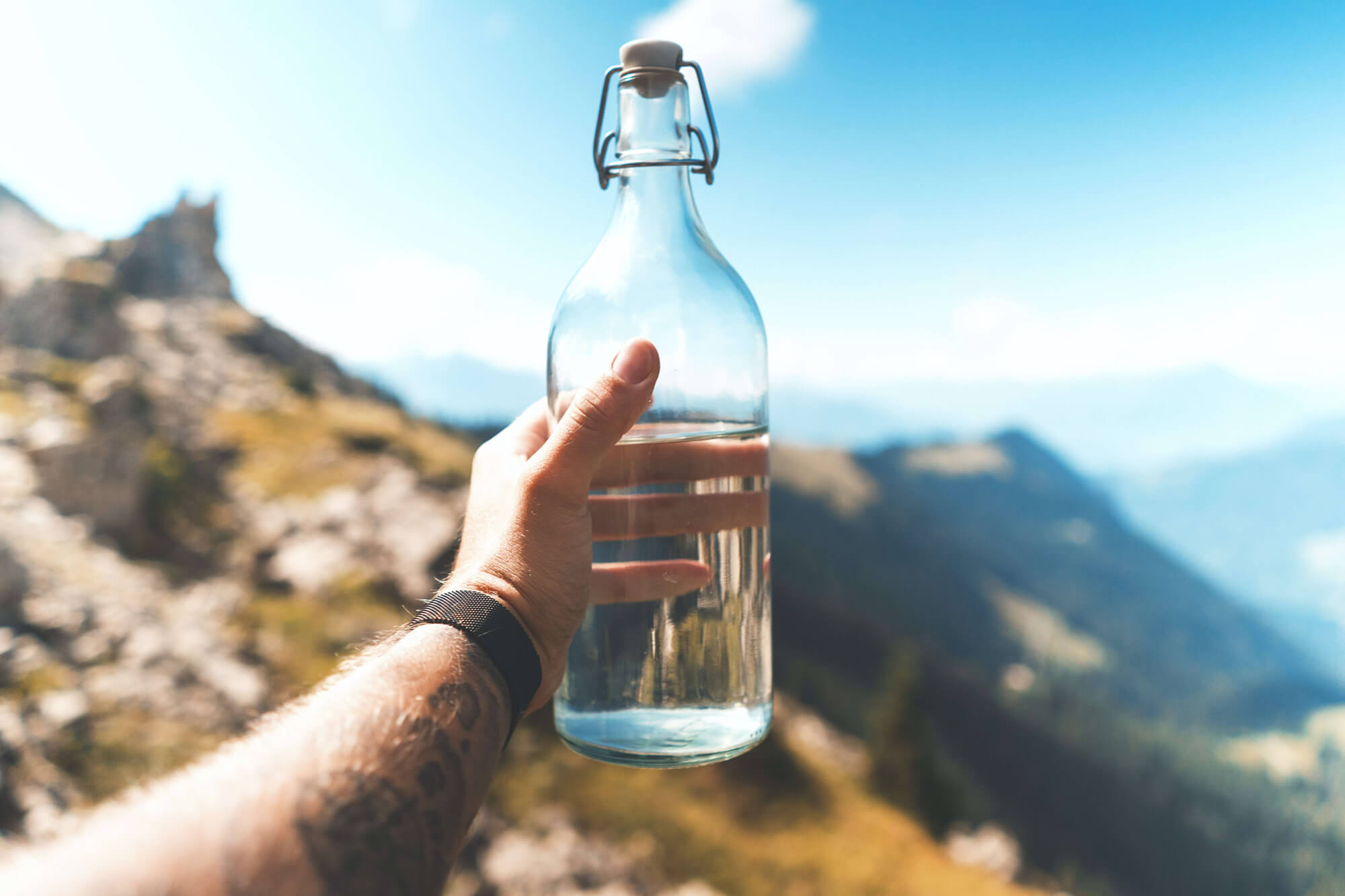less fatigue and increased energy levels
WHY IS IT SO IMPORTANT TO STAY HYDRATED WHILE ON MY GAP YEAR?

There are many well documented reasons why it’s important to stay hydrated and a number of these are particularly relevant on a gap year. Some of the main benefits of staying hydrated include:
less fatigue and increased energy levels
better alertness and physical performance
reduced constipation and relief of symptoms
flushing the body of toxins
less chance of headaches
prevention of hangovers!
So why is it so important to stay hydrated while on a gap year?
Increased heat can lead to more sweating and greater dehydration. By drinking more water you can avoid some of the negative side effects of this such as headaches, constipation and low energy
Gap year travel often incorporates a different diet to that which you’re used to at home. This can lead to any number of symptoms from simply feeling a bit dodgy to full-on diarrhoea and vomiting. Drinking plenty of clean water can help to flush anything unpleasant out of your system and is essential to rehydrate after a nasty bout of D&V. In addition, rehydration sachets that you mix with clean water are particularly good if you have had some sort of stomach bug as they also contain salts and sugars that the body needs to recover. Make sure you have access to safe, clean drinking water. Often this comes from sealed bottles of water but these do have a significant environmental impact so, once your stomach has ‘acclimatised’, it may be better to use water sterilisation solutions or even boil the water to kill bugs.
None of the symptoms of dehydration are actually worse when you’re on your gap year, but not having the comfort of your own bed and your familiar surroundings means that you’re likely to feel pretty miserable. Drinking enough water to minimise the effects of dehydration seems like a small price to pay to avoid that!
Gap years often include opportunities to take part in adventurous activities such as extreme sports like bungee jumping or glacier climbing, which require you to be full of energy and raring to go. Trekking or hiking to explore an area and to reach the most spectacular vistas and locations is another example of a gap year activity that requires you to be at your best. Missing out on a long-planned activity due to avoidable dehydration would be a real downer.
TravelAid
SUBSCRIBE NOW
TRAVELSAFE
gap year safety training course
JUST £100
FIND OUT MORE
SAVE 10% OFF YOUR COURSE
if bought at the same time as a TravelAid subscription